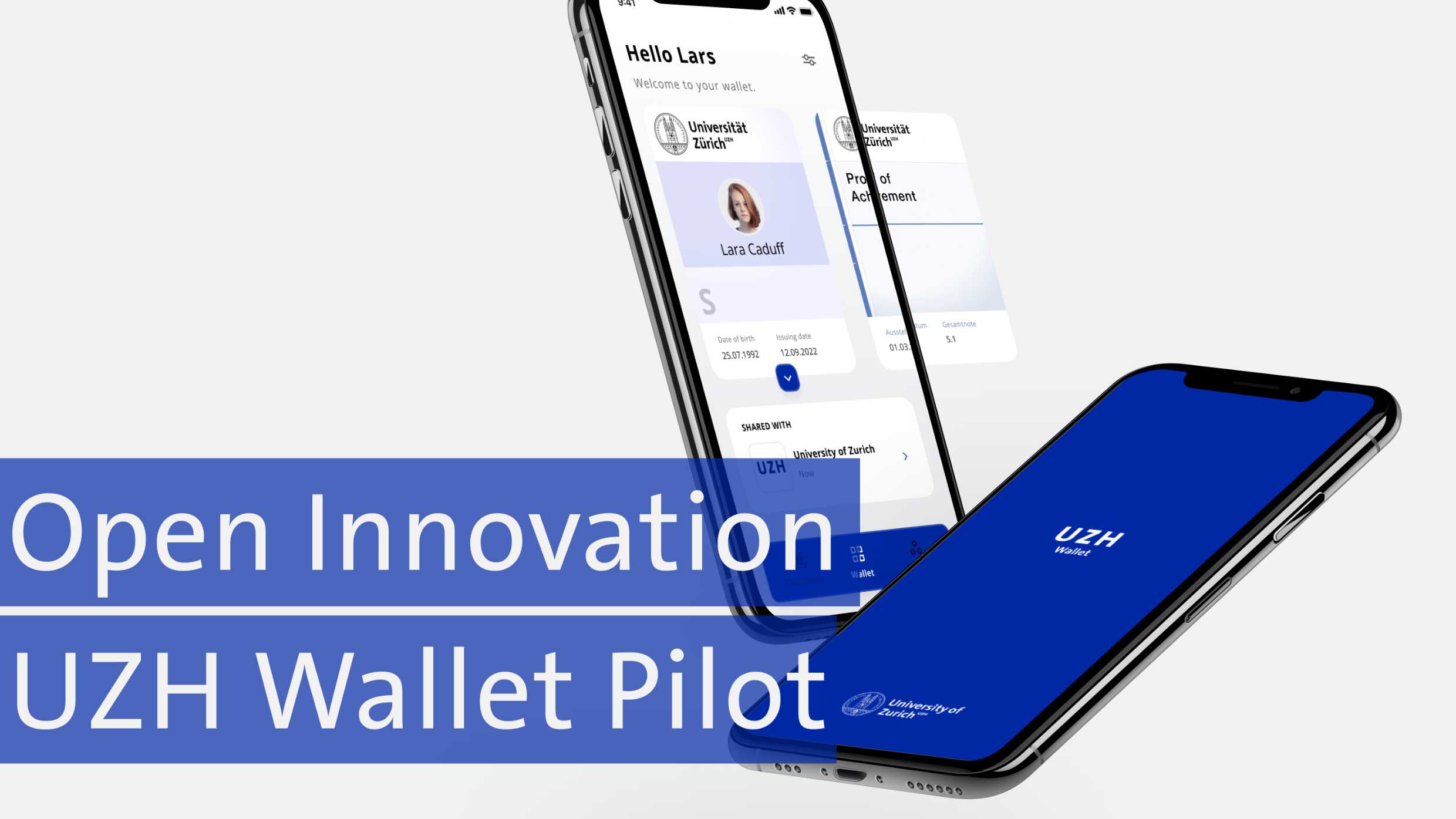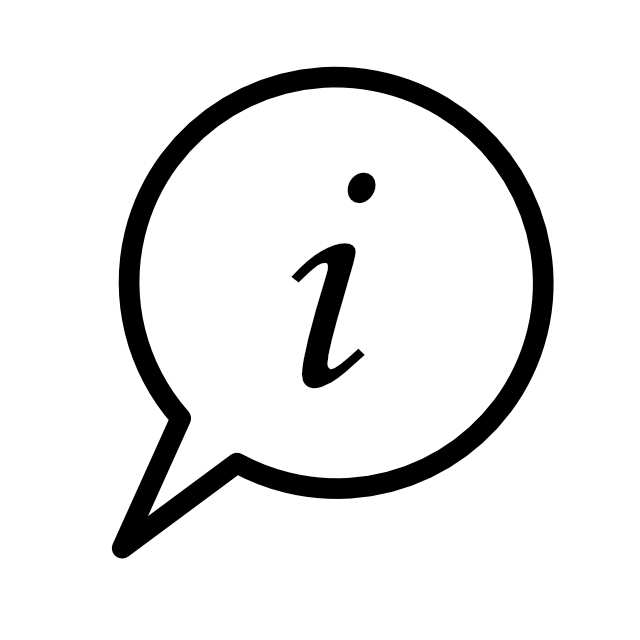Blockchain project «UZH Wallet Pilot»

No hologram on the student identity card or the Master’s diploma, but a blockchain solution. The Faculty of Business, Economics and Informatics is currently testing a digital "UZH Wallet" that contains an ID card and the holder’s grade sheets and diploma. This latest-generation Self-Sovereign Identity (SSI) is also being used to test, with interested parties, whether diplomas can be forwarded digitally to potential employers in a forgery-proof manner or whether a person has access to an event.
Although the coronavirus pandemic triggered a general boost for digitalization, it is apparent that diplomas in the form of PDF files, for example, are susceptible to forgery. The federal government’s new E-ID is intended to create a state-owned trust infrastructure that can also be used to securely issue digital credentials such as student ID cards or diplomas. In the «UZH Wallet» pilot project of the Faculty of Business, Economics and Informatics at the University of Zurich, a user-friendly smartphone app is being tested as a student ID, based on research in the area of communication systems and blockchain. This digital ID is forgery-proof thanks to blockchain technology. In addition, it was designed as a self-sovereign identity (SSI), which is also envisaged in the federal government’s and the EU’s new E-ID proposal.
In future, users should be able to digitally identify themselves securely, quickly and easily and have the greatest possible control over their own data. Data protection of the electronic wallet is ensured by the system itself (privacy by design), by minimizing data flows (the principle of data economy) and by decentralized data storage. The actors that are on board for the open-innovation process are the UZH Blockchain Center, Procivis (a subsidiary of Orell Füssli), students, student associations and the Dean’s Office.
Read more
Testing and ideation
A first trial was held in September. Employees of the Dean’s Office issued digital student ID cards through a QR code via the «UZH Wallet Desk Application», which interested students could download onto their smartphones with the «UZH Wallet» app. The trial was successful: different smartphones were able to display the prototype of a student ID card. The students developed further suggestions on how to use it in the subsequent ideation session. Ideally, the app should offer services for students’ everyday life: sending diplomas and grade sheets to host universities or employers, paying for photocopies, granting access to information and examination platforms, integrating memberships of student associations and clubs. In addition, it should be possible to integrate services provided by other authorities or private individuals, for example applications for residence permits, visas or flight certificates, but also payment of the corresponding services, ideally with student discounts.
Second round of trials
The Communication Systems Group at the Department of Informatics set up the basic IT infrastructure in October. Diplomas and grade sheets are to be displayed in the app in the second round of trials in early 2023, based on the ideas gained from the innovation process. In the Business and economics student association, preparations are under way for registration and access to an event – in addition to Procivis, the Informatics student association is also helping with implementation. Volunteer students are to send their diploma or grade sheet to the Human Resources department, in cooperation with Swisscom. In this project, research, innovation, users and providers come together in an open-innovation process – a great example of digital transformation that also extends beyond the university.
Privacy policy (PDF, 155 KB) (German only)






